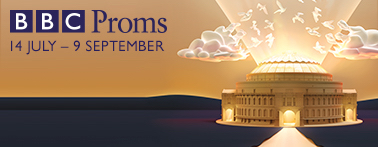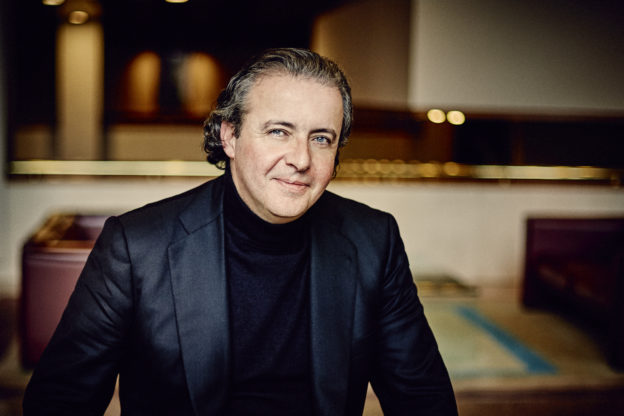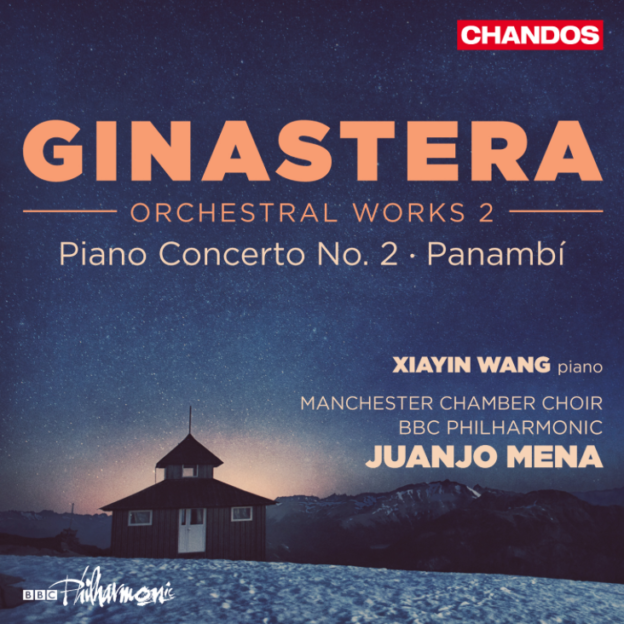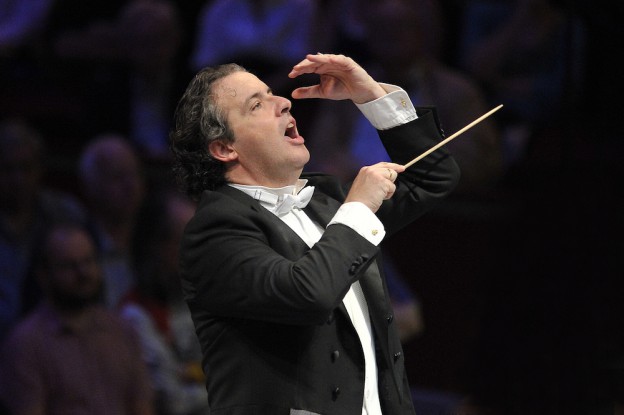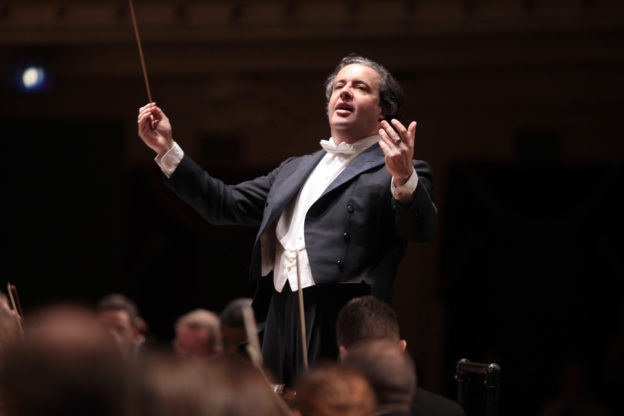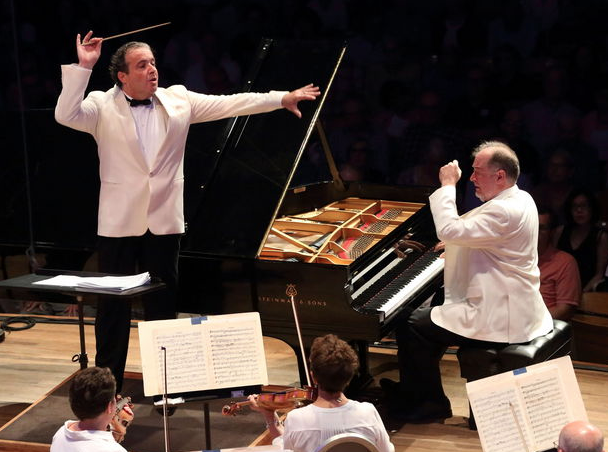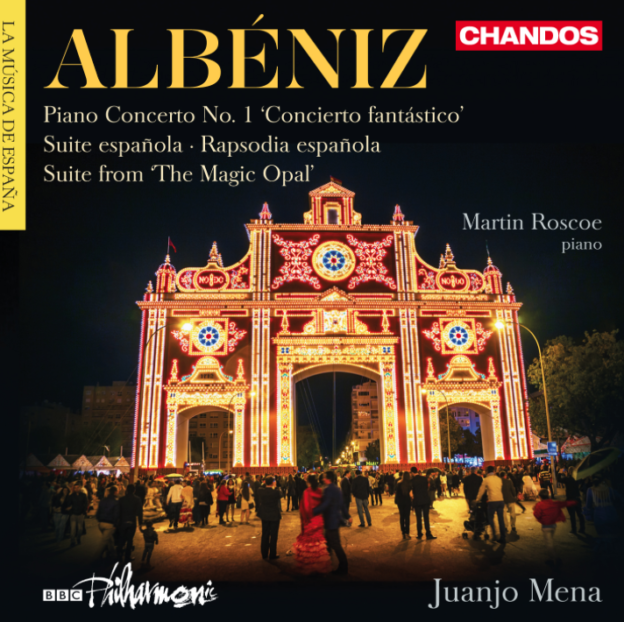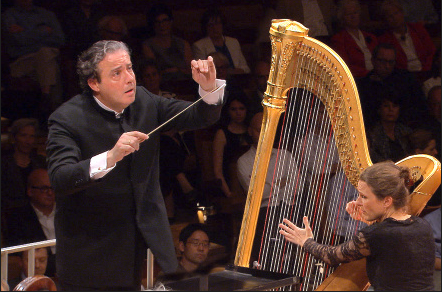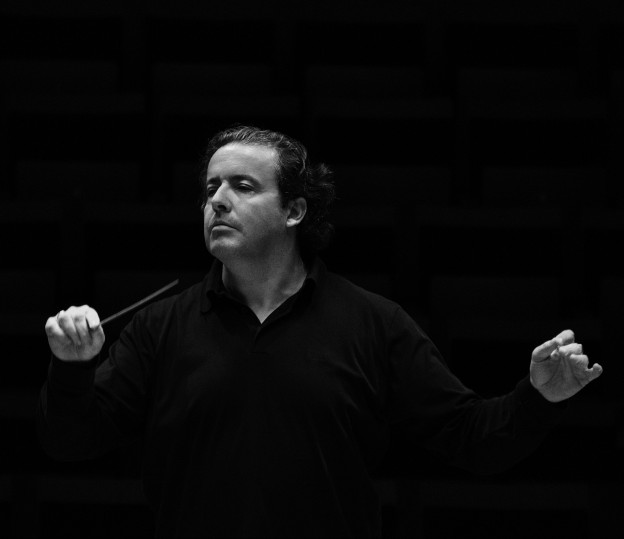“Mena led [Prokofiev’s first symphony] with an eye towards Haydnesque grace. The opening movement was light on its feet, with the skipping second theme taking on a gentle humor. The second movement was imbued with a singing lyricism. The violin theme spun over the accompaniment in a gleaming, vocal line. The Gavotte moved with a gentle swagger. Mena gave the piece a technicolor flourish, highlighting wind and string lines to good effect. The final movement was a whirlwind of darting figures.”
“After the intermission Mena led a bracing account of Tchaikovsky’s Fourth Symphony. Mena, who led from memory, conducted with a keen sense of the work’s breadth. Tempos were fleet, which brought fire to the performance, particularly in the finale. Phrases were shaped in long arcs. Mena, too, kept an eye to the dance-like character that permeates the inner movements of the piece. The scherzo was nimble and swift in its pizzicato statements, and the sweeping string lines of the first movement sounded with glowing warmth.” (Aaron Keebaugh, Boston Classical Review)
“The fervid “fate” motif, which began the symphony, issued in an ominous blaze from the brass section with exhilarating spirit if not pinpoint accuracy. The lighter movements held similar dramatic tension with the heavier; the palpitating third movement’s wired and anxious pizzicato jumped note to note as if it were scoring a high-speed cartoon chase. The final movement [of Tchaikovsky’s fourth symphony] unleashed a giddy carnival, with cymbals crashing, timpani pounding, and a Russian folk song reconfigured into a wild dance, so when the fate theme reared its head again, it felt harsh as a falling blade. It was bombast, but sincere bombast, and played with all the love imaginable.” (Zoë Madonna, Boston Globe)
“Mena’s interpretation [of Prokofiev’s first symphony] certainly felt lively and the orchestra didn’t hesitate for a moment to follow his lead. In the nicely shaped phrasing in the opening moment, the orchestra, and in particular the strings, responded to the conductor with a refined delicacy we don’t always expect from performances of the 20th-century Russian orchestral canon. The second movement glided by as a stately and assured larghetto. Performed with elegant dovetailing between strings and winds, the well-placed articulations highlighted Prokofiev’s occasional expansion of tonal palette. The Gavotte delighted; here we had a typical Viennese style dance with just a hint of a samovar. This came in stark contrast to the controlled frenzy of an exuberant final movement. Mena cued without over-conducting and the orchestra needed no encouragement to fly. From the opening brass fanfare [of Tchaikovsky’s fourth symphony], the playing engaged the audience ….. Mena led a tight ship, resulting in clarity and precision as well as freshness and fervor. The fourth movement yielded more controlled frenzy. A powerful opening with the orchestra at full force, this finale acted almost as a resolution to the Weinberg. Finally, ‘fate’ was conquered and a semblance of order restored as the work raced to its final cadence.” (Georgia Luikens, the Boston Musical Intelligencer)
“Kremer and Mena brought out the humanity and equanimity which underpins the concerto and much of Weinberg’s other work, particularly in the dialogue of the first moment and the hollow triumphalism of the last. From the threatening fanfare which opens [Tchaikovsky’s fourth symphony] through the agile pizzicato ostinato of the third movement, to the wild, exultant Allegro con fuoco which closes it, Mena brought loving attention to detail and balance to the grandiosity of Tchaikovsky’s boisterous score, creating a texture backed by deep string sonorities transparent enough to allow inner voices to be heard and the kaleidoscopic drama to unfold. At the height of World War II, Serge Koussevitzky exhorted an audience in New York’s Town Hall, “let us sing the song of love for mankind and faith in the ageless ideals of independence and democracy. Let music become the symbol of the undying beauty of the spirit of man. Let us conquer the darkness with the burning light of art.” He would have been proud to hear his orchestra doing just that.” (Kevin Wells, Bachtrack)
